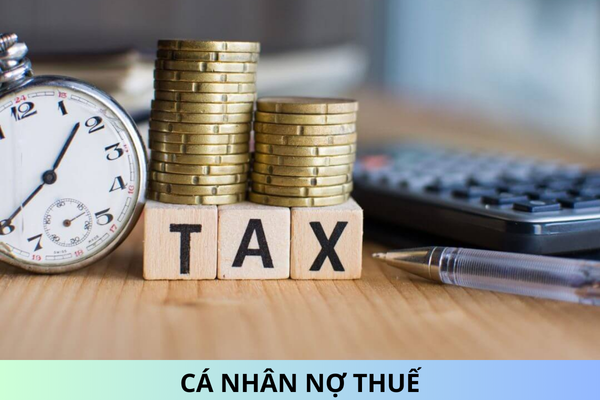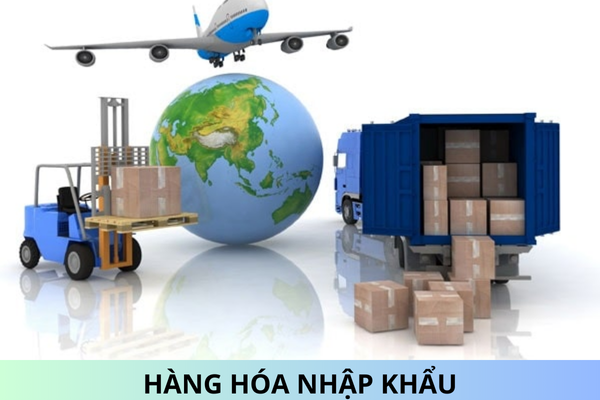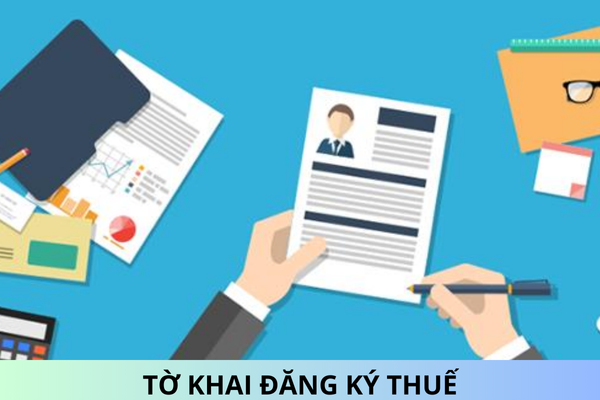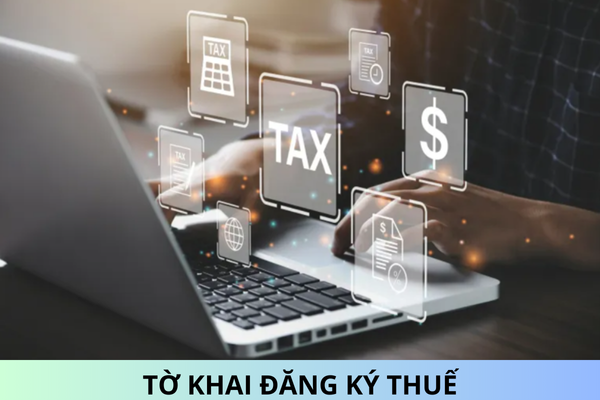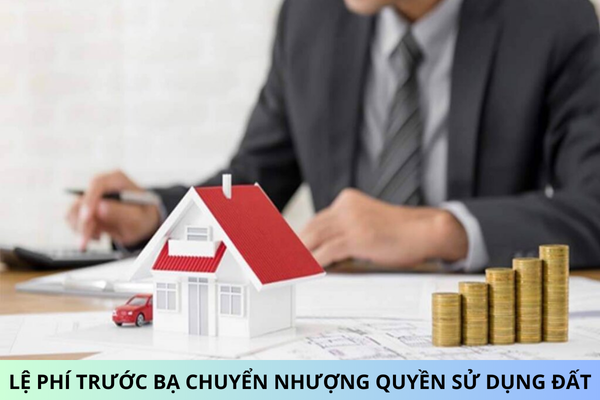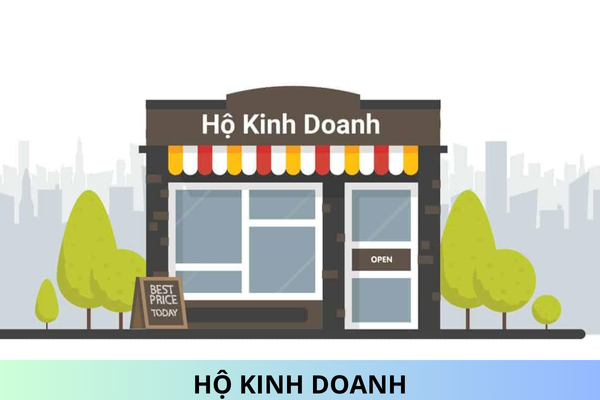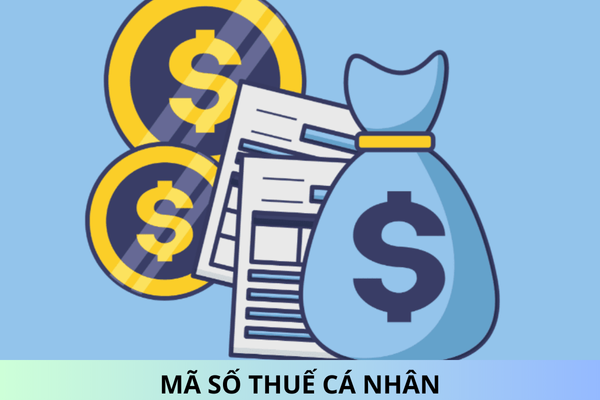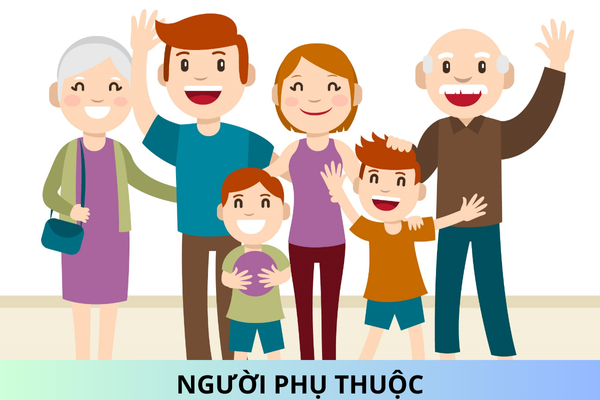What are regulations on wholly obtained goods regarding the EU-Vietnam Free Trade Agreement?
What are regulations on wholly obtained goods regarding the EU-Vietnam Free Trade Agreement? What are regulations on tolerances applicable to non-originating materials in Vietnam?
Hello Lawnet. Our company is going to export fruits to Europe. We need help with issues related to wholly obtained goods. What are regulations on wholly obtained goods (fruits) regarding the EU-Vietnam Free Trade Agreement?
Thank you!
What are regulations on wholly obtained goods regarding the EU-Vietnam Free Trade Agreement?
Pursuant to Article 6 of the Circular 11/2020/TT-BCT stipulating wholly obtained goods in Vietnam as follows:
1. For the purposes of paragraph 1 Article 5, the following shall be considered as wholly obtained in a Party:
a) mineral products extracted from their soil or from their seabed.
b) plants and vegetable products grown and harvested or gathered there.
c) live animals born and raised there.
d) products from live animals raised there.
dd) products from slaughtered animals born and raised there.
e) products obtained by hunting or fishing conducted there.
g) products of aquaculture, where the fish, crustaceans and molluscs are born or raised there from eggs, fry, fingerlings and larvae.
h) products of sea fishing and other products taken from outside any territorial sea by its vessels.
i) products made aboard its factory ships exclusively from products referred to in point h hereof.
k) used articles collected there which are only fit for the recovery of raw materials.
l) waste and scrap resulting from manufacturing operations conducted there.
m) products extracted from the seabed or below the seabed which is situated outside any territorial sea but where it has exclusive exploitation rights.
n) goods produced there exclusively from the products specified in points a to m hereof.
2. For the purposes of subparagraph 1(b), “plants and vegetable products” includes live trees, flowers, fruits, vegetables, seaweeds and fungi.
3. The terms "its vessels" and "its factory ships" in points h and I paragraph 1 apply only to vessels and factory ships which:
a) are registered in, fly the flag of Viet Nam or a Member State of the Union and they are at least 50 percent owned by natural persons of a Party.
b) are registered in, fly the flag of Viet Nam or a Member State of the Union and they are owned by legal persons which have their head office and main place of business in the Party. The legal persons are at least 50 percent owned by a Member State of the Union or by Viet Nam or by public entities or nationals of a Party.
Pursuant to Article 7 of the Circular 11/2020/TT-BCT stipulating Not wholly obtained goods in Vietnam as follows:
1. For the purposes of paragraph 2 Article 5, not wholly obtained goods are considered to be sufficiently worked or processed when the applicable product-specific rules of origin in Annex II hereto appended are fulfilled.
2. Regarding materials used in the manufacture of products, goods:
a) The applicable product-specific rules of origin in paragraph 1 applies solely to non-originating materials.
b) If a product which has acquired originating status by fulfilling the conditions set out in the Annex II is used in the manufacture of another product, the conditions applicable to the product in which it is incorporated do not apply to it, and no account shall be taken of the non-originating materials which may have been used in its manufacture.
For fruits to be considered as wholly obtained goods, they shall be grown and harvested or gathered in a Party. Your company shall satisfy general standards and standards of each Party.
What are regulations on tolerances applicable to non-originating materials in Vietnam?
Pursuant to Article 8 of the Circular 11/2020/TT-BCT stipulating tolerances applicable to non-originating materials in Vietnam as follows:
1. By way of derogation from paragraph 1 Article 7 and subject to paragraphs 2 and 3, non-originating materials may nevertheless be used, provided that their total value or net weight assessed for the product does not exceed:
a) 10 percent of the weight of the product or ex-works price for products of Chapters 2 and 4 to 24 of the HS, other than processed fishery products referred to in Chapter 16 of the HS.
b) 10 percent of the ex-works price of the product for other products, except for products of Chapters 50 to 63 of the HS.
c) The tolerances mentioned in Notes 6 and 7 of Annex I to this Circular apply for products of Chapters 50 to 63 of the HS.
2. Paragraph 1 shall not allow exceeding any of the percentages for the maximum value or weight of non-originating materials as specified in Annex II to this Circular.
3. Paragraphs 1 and 2 do not apply to goods wholly obtained in a Party within the meaning of Article 6.
4. Without prejudice to Article 10 and paragraph 2 of Article 11, the tolerance provided for in paragraph 1 and 2 applies to the sum of all the materials which are used in the manufacture of a product for which Annex II to this Circular requires that such materials be wholly obtained.
Best regards!

